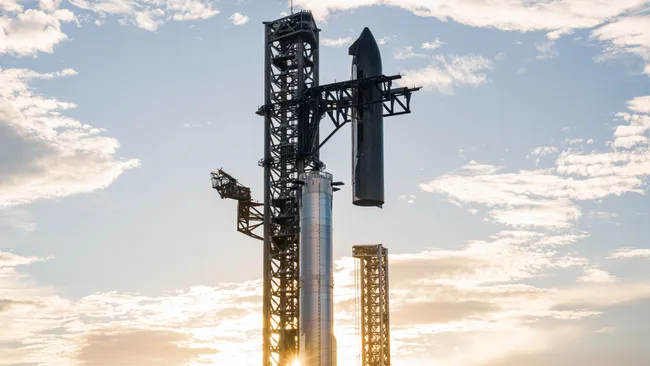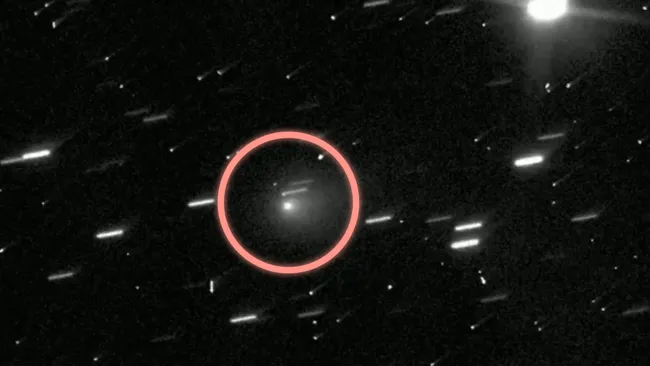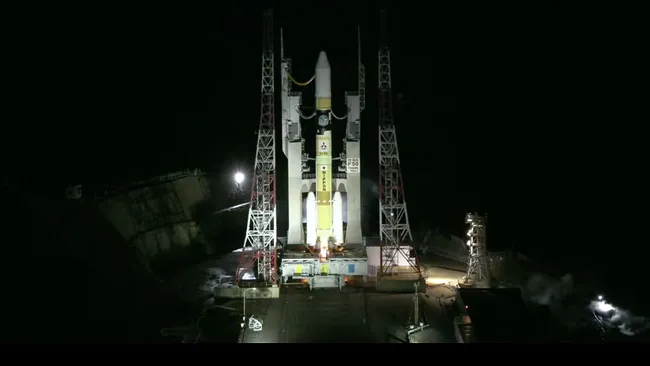The long-awaited SpaceX Starship Flight 10 test launch has been called off after the company reported a problem with its ground systems just minutes before liftoff.
Starship was set to launch from SpaceX’s Starbase facility in South Texas on Sunday evening (Aug. 24), within a window opening at 7:30 p.m. EDT (2330 GMT). However, at 7:13 p.m. EDT, just 17 minutes before the launch window began, SpaceX announced the delay.
“Standing down from today’s tenth flight of Starship to allow time to troubleshoot an issue with ground systems,” the company posted on X. No new target date for the flight has been confirmed yet, though backup days remain available through Aug. 26.
Starship is the tallest and most powerful rocket ever built, measuring over 400 feet (122 meters) when fully stacked. It is composed of two reusable stages — the Super Heavy booster and the Starship upper-stage spacecraft, often referred to as Ship.
Designed for deep space missions, SpaceX Starship Flight 10 is central to ambitions of enabling human settlement on Mars and supporting NASA’s Artemis program, which will use the rocket for a crewed lunar landing as early as 2027.
So far, Starship has conducted nine test flights, with three taking place this year in January, March, and May. Each experienced significant issues, including explosions on Flight 7 and Flight 8 less than 10 minutes after launch, and structural breakup on reentry during Flight 9.
The objectives for Flight 10 remain similar to Flight 9. SpaceX aims to guide Super Heavy to a controlled descent into the Gulf of Mexico roughly 6.5 minutes after liftoff, while Ship is expected to perform a splashdown in the Indian Ocean off Western Australia about an hour later.
Additionally, the test includes deploying eight dummy Starlink satellites and performing an in-space engine relight maneuver, both critical steps in advancing the rocket’s reusability and mission readiness.







